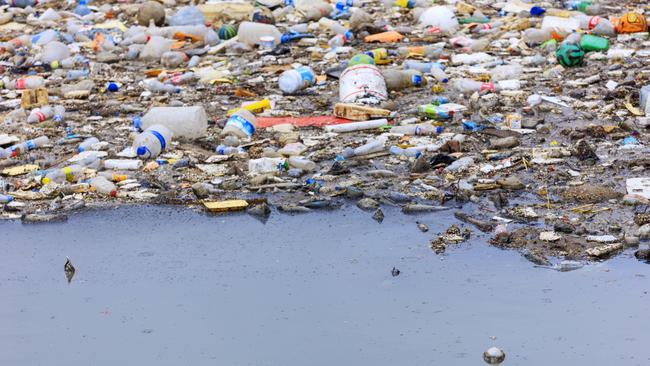Plastic pollution found inside human bodies
Plastic pollution has been found deep inside the human body, with researchers detecting tiny fragments in several major organs.

Plastic pollution has been found deep inside the human body, with researchers detecting tiny fragments in several major organs for the first time.
Scientists who examined 47 samples taken from lungs, liver, spleen and kidneys found traces of plastics contamination in all of them. They included polyethylene terephthalate, which is used in products such as plastic drinks bottles, as well as polyethylene, which is used for plastic bags.
“We never want to be alarmist but it is concerning that these non-biodegradable materials can enter and accumulate in human tissues, and we don’t know the possible health effects,” Varun Kelkar, of the University of Illinois, one of the researchers, said.
Locating the plastics was a first step to unravelling if there were health consequences, he added. “Once we get a better idea of what’s in the tissues, we can conduct epidemiological studies to assess human health outcomes.”
The researchers used a new process, harnessing a technique known as Raman spectrometry, to detect dozens of types of plastic within the human tissues they examined. They obtained the organ samples from a tissue bank originally formed to investigate neurodegenerative diseases. “You can find plastics contaminating the environment at virtually every location on the globe, and in a few short decades we’ve gone from seeing plastic as a wonderful benefit to considering it a threat,” Charles Rolsky, of Arizona State University, a contributor to the study, said.
“There’s evidence that plastic is making its way into our bodies but very few studies have looked for it. At this point we don’t know whether this plastic is just a nuisance or whether it represents a human health hazard.”
The researchers presented their results on Monday at the American Chemical Society Fall 2020 Virtual Meeting & Expo.
Microplastics, which are often defined as particles of less than 5mm, have been found in tap water, bottled water, seafood, beer and honey. Studies on animals had already suggested that they are capable of entering the blood and the lymphatic system.
The researchers also found bisphenol A (BPA), a chemical used to make plastics, in all 47 organ samples, which came from American donors. The US Environmental Protection Agency has voiced concern about BPA, noting that “it is a reproductive, developmental and systemic toxicant in animal studies”.
The Times



To join the conversation, please log in. Don't have an account? Register
Join the conversation, you are commenting as Logout